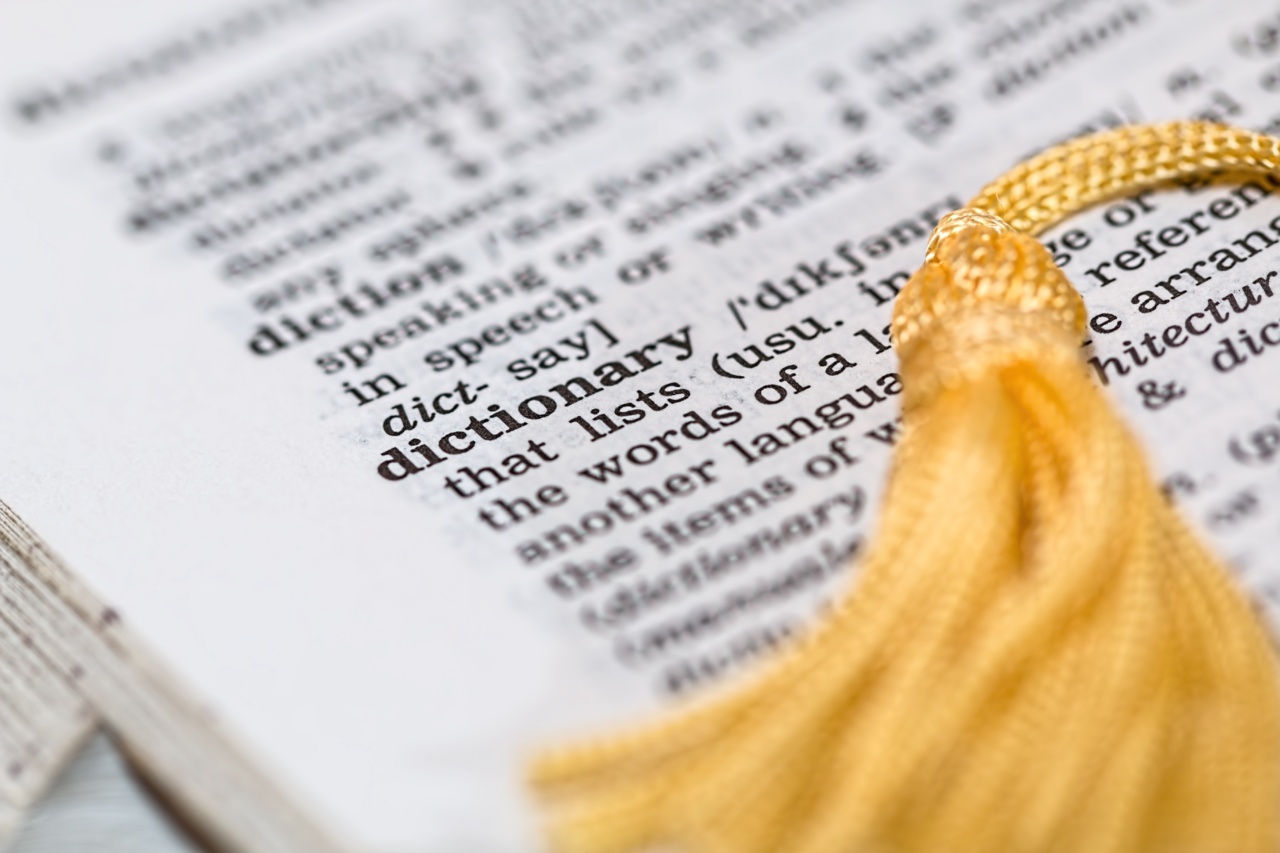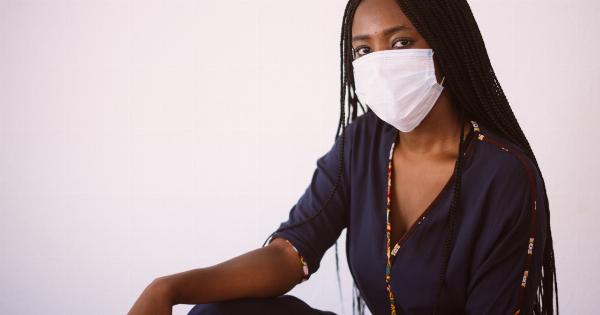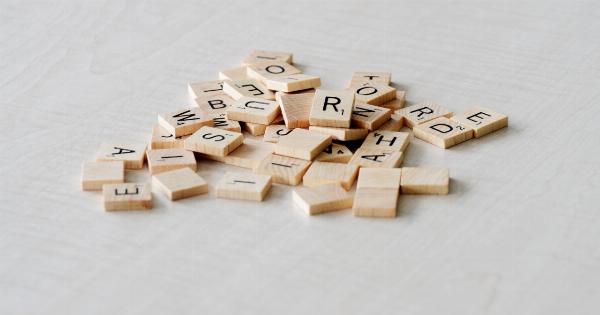Depression can take many forms and manifests in different ways. When people talk about depression, they often refer to the clinical type that requires a formal diagnosis and treatment.
However, informal depression is not much talked about and yet it affects many. Informal depression is a milder form of depression that doesn’t necessarily meet the criteria for a formal diagnosis but can still cause significant distress.
Symptoms of Informal Depression
The symptoms of informal depression are similar to those of clinical depression, but they are often less severe and long-lasting. A person experiencing informal depression may suffer from some or all of the following symptoms:.
1. Chronic Fatigue
People with informal depression often complain of feeling tired all the time. They may struggle to get out of bed in the morning, find it challenging to stay focused throughout the day, and have difficulty sleeping at night.
2. Irritability
Someone with informal depression may have a short fuse and seem easily agitated or bothered. They may react angrily to minor stressors, such as traffic or crowded spaces, that would normally not affect them.
3. Lack of Motivation
Informal depression can sap a person’s energy and leave them feeling unmotivated or disinterested in things they once enjoyed. They may struggle to complete tasks or find pleasure in hobbies they used to enjoy.
4. Negative Thoughts
People with informal depression often have negative thoughts that they can’t shake off. They may feel hopeless, worthless, or like they are stuck in a rut.
These thoughts can be cyclical and self-perpetuating, making it challenging to break free from them.
5. Social Withdrawal
Someone with informal depression may feel like withdrawing from social situations and avoiding contact with friends and family. They may feel like they don’t want to burden others with their negative thoughts or emotions.
Treatments for Informal Depression
While formal depression requires professional help, informal depression can still be addressed through self-help techniques, such as the following:.
1. Exercise
Exercise releases endorphins that improve mood and energy levels. Even a 20-minute walk can make a difference in how you feel.
2. Eating a Balanced Diet
Eating a balanced diet can help boost your energy levels and overall mood. It’s important to include plenty of fruits, vegetables, and whole grains in your diet.
3. Getting Enough Sleep
Getting enough sleep is key to feeling refreshed and alert throughout the day. Aim for seven to nine hours of sleep each night.
4. Practicing Relaxation Techniques
Relaxation techniques such as deep breathing, meditation, or yoga can help calm the mind and reduce stress. This can give you a sense of control over your feelings and help you manage negative thoughts.
5. Talking to Someone
Talking to someone you trust, such as a friend or family member, can help alleviate negative feelings. It may also help to join a support group or talk to a therapist if your depression persists or becomes more severe.
Conclusion
Informal depression can be just as debilitating as clinical depression, despite not meeting the criteria for a formal diagnosis. The good news is that there are many self-help techniques that can help alleviate symptoms and improve your mood.
Talk to someone you trust and try incorporating healthy lifestyle habits into your routine. Remember that it’s okay to ask for help if you need it.




























